| Usage |
Pyridostigmine is available in various forms, including regular tablets, extended-release (long-acting) tablets, and syrup designed for oral consumption. The frequency of administration varies, depending on the type of tablet, and may range from once to multiple times daily. The dosage of the medication may be modified by your doctor in response to your reaction to the drug.
Upon initiating pyridostigmine treatment, your doctor may request that you maintain a daily log noting the timing of each dose, the duration of symptom relief following each dose, and any experienced side effects. This record aids the doctor in determining the optimal dosage for your specific needs.
Adhere closely to the instructions provided on your prescription label, and don't hesitate to seek clarification from your doctor or pharmacist regarding any unclear aspects. Take pyridostigmine precisely as directed, without deviating from the prescribed dose. Even if you begin to feel better, continue taking pyridostigmine as prescribed, and do not discontinue its use without consulting your doctor. Abruptly stopping pyridostigmine can potentially lead to severe consequences, including muscle weakness.
Distinguishing between insufficient and excessive pyridostigmine intake can be challenging, as the symptoms may appear similar. If you notice a deterioration in your symptoms, contact your doctor promptly. Pyridostigmine overdose has the potential to result in significant illness, including increased muscle weakness, and should be addressed urgently under medical guidance.
|
| Side Effects |
Pyridostigmine has the potential to elicit side effects. If any of the following symptoms are persistent or severe, it is advisable to inform your doctor:
• Gastrointestinal distress, such as an upset stomach, diarrhea, or vomiting.
• Excessive salivation or drooling.
• Paleness of the skin.
• Cold sweats.
• Blurred vision.
• Excessively watery eyes.
• Heightened urge to urinate.
• Feelings of anxiety or panic.
• Muscle weakness.
If you experience any of the subsequent symptoms, promptly contact your doctor:
• Intense itching, skin rash, or the development of hives.
• Slurred speech.
• Confusion.
• Seizures.
• Breathing difficulties.
Your well-being is of paramount importance, and your doctor should be informed of any unusual or severe reactions to pyridostigmine promptly for appropriate guidance and evaluation.
|
| Storage |
Ensure this medication remains within its original container, securely sealed, and beyond the grasp of children. Store it at room temperature, away from excessive heat and moisture, avoiding bathroom storage.
Dispose of any unnecessary medication through specialized channels to prevent access by pets, children, or unauthorized individuals. Do not flush this medication down the toilet. Instead, the safest disposal method is participating in a medicine take-back program. Consult your pharmacist or reach out to your local garbage/recycling department for information regarding take-back programs in your community.
Vigilance is crucial in safeguarding all medications from children, as many containers, including weekly pill organizers and those designed for eye drops, creams, patches, and inhalers, may lack child-resistant features, rendering them easily accessible to young children. To mitigate the risk of poisoning, always secure safety caps and promptly store medications in a secure location, out of sight and reach from children.
|
| Special Precaution |
Prior to initiating pyridostigmine treatment, it is important to communicate the following information to your doctor and pharmacist:
• Any known allergies to pyridostigmine, bromides, or other medications.
• An inventory of all prescription and nonprescription medications currently being taken, especially highlighting allergy or cold medications, dexamethasone (Decadron), hydrocortisone (Hydrocortone), magnesium-containing products, medications for heart arrhythmias, sleep aids, and vitamin supplements.
• Any history or existing conditions related to intestinal or bladder blockages, asthma, seizures, heart or kidney disease, thyroid disorders, or stomach ulcers.
• Your pregnancy status, plans for pregnancy, or breastfeeding intentions. If you become pregnant while on pyridostigmine, promptly notify your doctor.
• Be mindful that this medication may induce drowsiness. Avoid driving or operating heavy machinery until you are aware of its effects on you.
• Recognize that alcohol consumption can amplify the drowsiness induced by this medication. Exercise caution when using alcohol in conjunction with pyridostigmine.
|

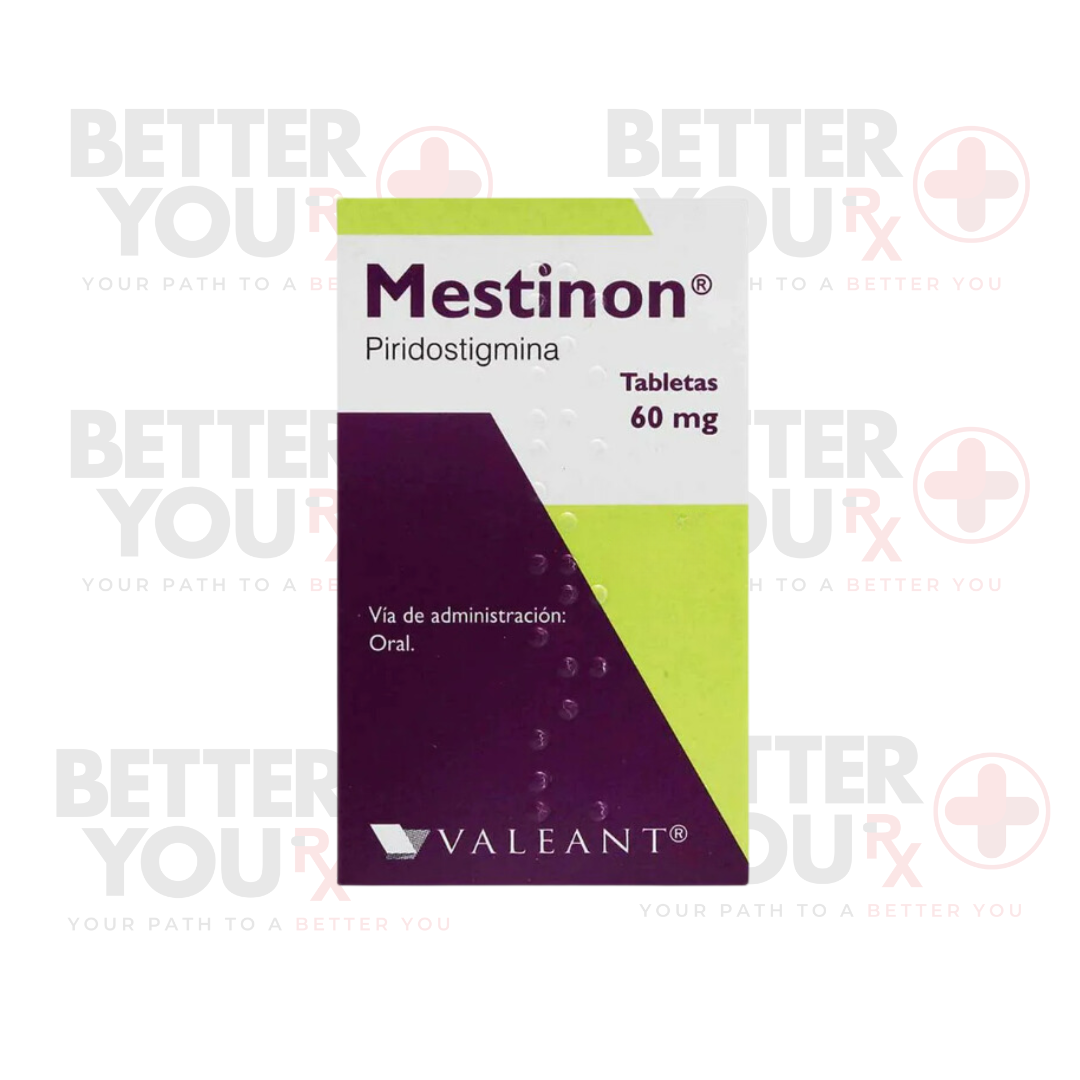


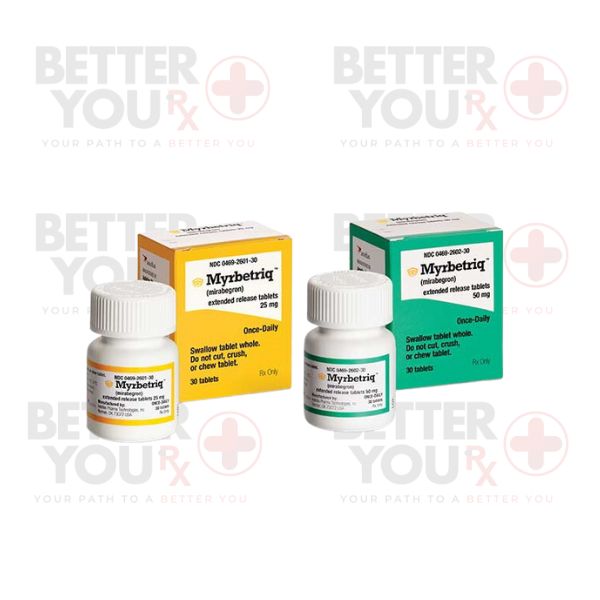
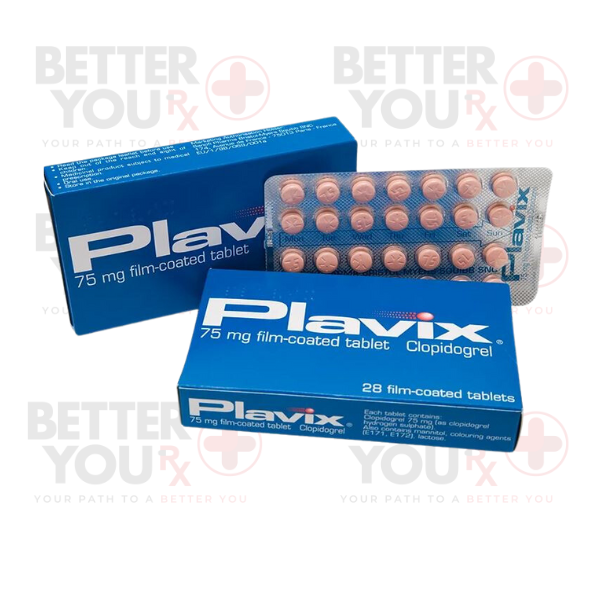
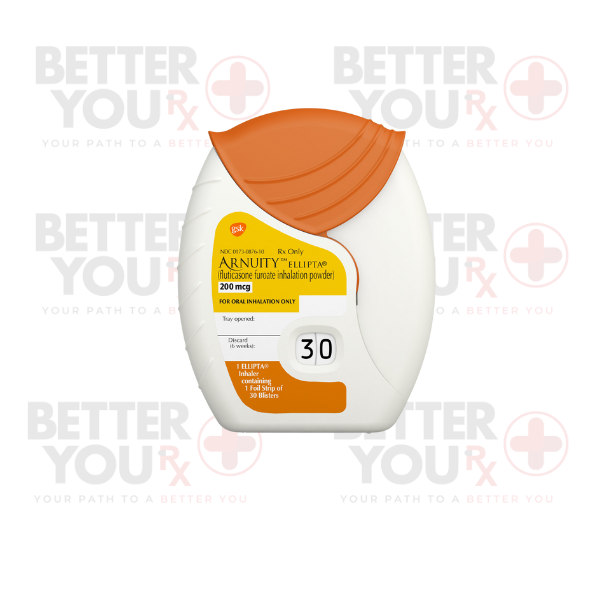


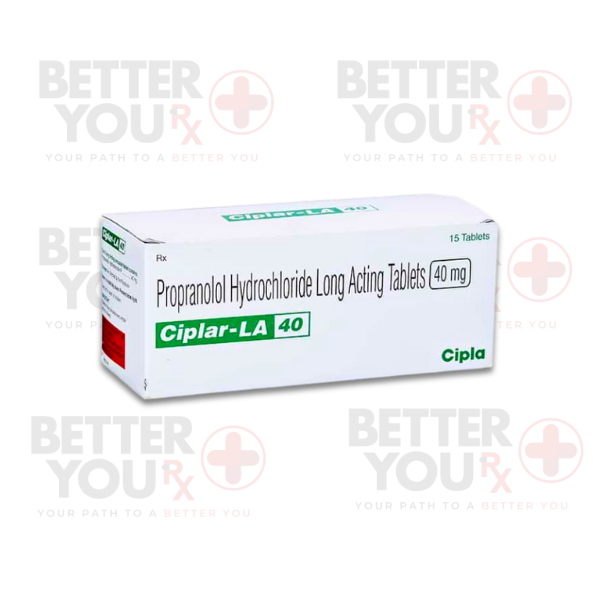
Reviews
There are no reviews yet.